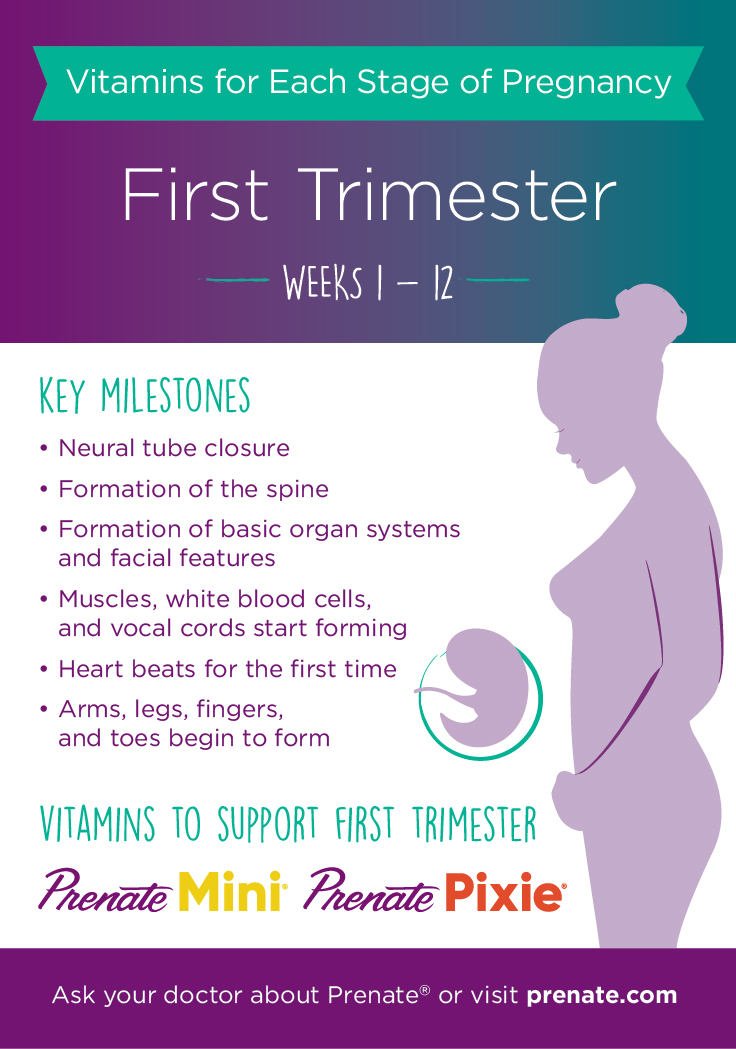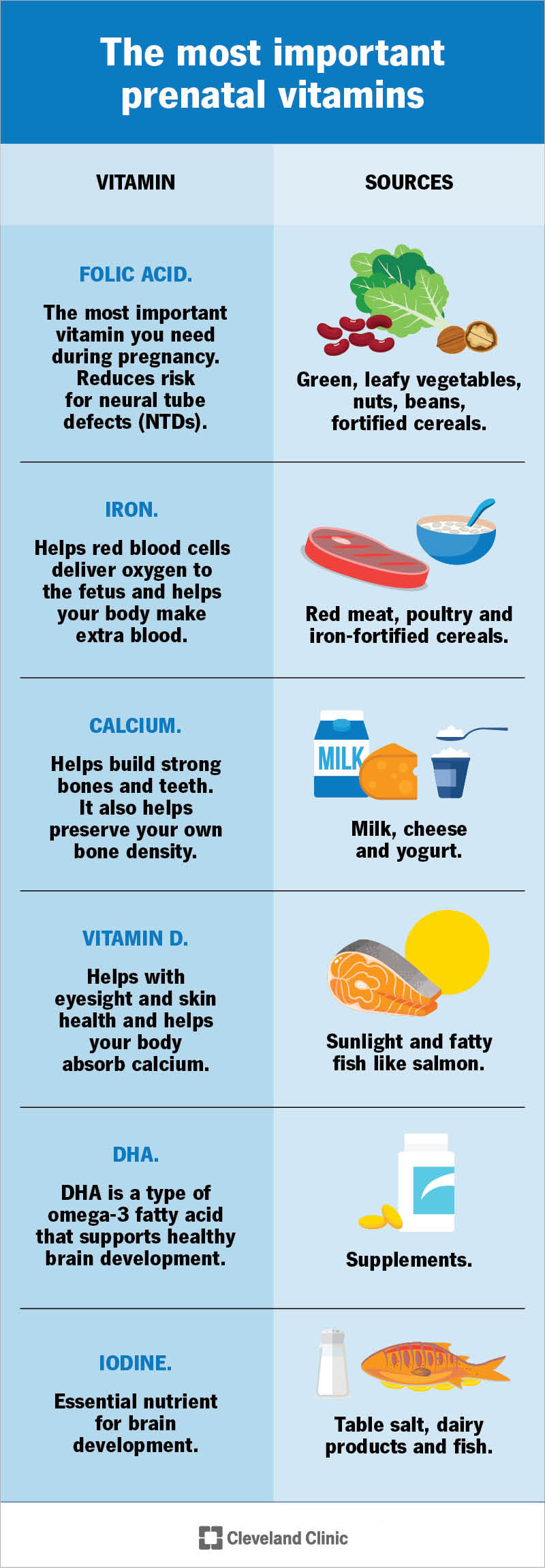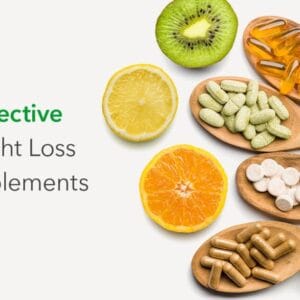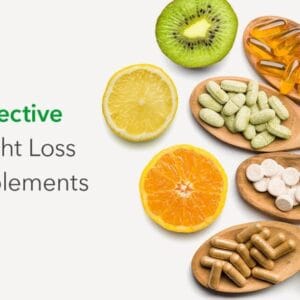Planning for pregnancy involves more than just the decision to conceive; it requires preparation to ensure a healthy start for both mother and baby. Pre-pregnancy vitamins play a crucial role in this preparation, providing essential nutrients that support reproductive health and fetal development. By taking the right vitamins before pregnancy, women can significantly reduce the risk of birth defects and complications. This article will explore the importance of pre-pregnancy vitamins, highlighting key nutrients and how they contribute to a healthy pregnancy, setting the stage for a positive outcome.

Understanding the Importance of Pre Pregnancy Vitamins
Pre pregnancy vitamins are crucial for women who are planning to conceive. These vitamins help prepare the body for pregnancy, ensuring that it is in the best possible condition to support a healthy pregnancy. A well-nourished body is essential for the proper development of the fetus and can help prevent complications during pregnancy. The right mix of vitamins and minerals can support the health of both the mother and the baby, laying the foundation for a healthy start.
Nutrients Essential for Pre Pregnancy
Certain nutrients are particularly important for women who are planning to become pregnant. These include folic acid, which is crucial for preventing birth defects of the baby’s brain and spine, and iron, which supports the health of the mother’s blood and prevents anemia. Other essential nutrients include calcium for bone health, omega-3 fatty acids for fetal brain development, and vitamin D for overall health. Ensuring adequate intake of these nutrients through diet and supplements can significantly impact the health of the pregnancy.
The Role of Folic Acid in Pre Pregnancy
Folic acid is one of the most critical nutrients for women planning pregnancy. It helps prevent neural tube defects (NTDs) such as spina bifida and anencephaly. The neural tube forms very early in pregnancy (within the first month), often before many women know they are pregnant. Therefore, it’s recommended that women start taking folic acid supplements at least one month before conception and continue through the first trimester. Foods rich in folate, such as leafy greens and legumes, are also beneficial.
| Nutrient | Importance | Food Sources |
|---|---|---|
| Folic Acid | Prevents neural tube defects | Leafy greens, legumes, fortified cereals |
| Iron | Supports healthy red blood cells | Red meat, poultry, fish, beans, lentils |
| Calcium | Essential for bone health | Dairy products, leafy greens, fortified plant-based milk |
Choosing the Right Pre Pregnancy Vitamin
Not all prenatal vitamins are created equal. When selecting a pre pregnancy vitamin, it’s essential to look for a product that contains the right balance of nutrients. Key ingredients to look for include folic acid, iron, calcium, and omega-3 fatty acids. Some vitamins may also contain other beneficial nutrients like vitamin D and zinc. Consulting with a healthcare provider can help determine the best vitamin for individual needs.
Impact of Pre Pregnancy Vitamins on Pregnancy Outcomes
The use of pre pregnancy vitamins has been associated with improved pregnancy outcomes. These vitamins can help reduce the risk of miscarriage, support the baby’s development, and promote the mother’s health during pregnancy. A healthy start, facilitated by the right nutrients, can set the stage for a successful pregnancy and a healthy baby.
Integrating Pre Pregnancy Vitamins into Your Diet
While supplements can fill nutritional gaps, a balanced diet is also crucial. Women planning pregnancy should focus on consuming a variety of whole foods, including fruits, vegetables, whole grains, lean proteins, and healthy fats. Pre pregnancy vitamins should complement, not replace, a healthy diet. By combining a nutritious diet with the right supplements, women can optimize their health and the health of their future baby.
What vitamins should I take before getting pregnant?

When planning to conceive, it’s essential to ensure your body is receiving the necessary nutrients to support a healthy pregnancy. Taking the right vitamins before getting pregnant can help prevent birth defects, support fetal development, and prepare your body for the demands of pregnancy.
Essential Vitamins for Pre-Pregnancy
To prepare your body for pregnancy, focus on consuming folic acid, iron, and calcium. These nutrients play a crucial role in preventing birth defects and supporting fetal development. Here are the key vitamins and nutrients to consider:
- Folic acid: crucial for preventing neural tube defects, such as spina bifida
- Iron: essential for healthy red blood cells and preventing anemia
- Calcium: necessary for fetal bone development and maintaining maternal bone health
Additional Nutrients for a Healthy Pregnancy
In addition to the essential vitamins, other nutrients can support a healthy pregnancy. These include omega-3 fatty acids, vitamin D, and probiotics. These nutrients can help support fetal development, maternal health, and a healthy gut microbiome. Some key benefits include:
- Omega-3 fatty acids: support fetal brain and eye development
- Vitamin D: essential for bone health and immune function
- Probiotics: support gut health and immune system function
Pre-Pregnancy Multivitamins and Supplements
When choosing a pre-pregnancy multivitamin, look for a product that contains the essential vitamins and nutrients mentioned earlier. Consider a supplement that is specifically formulated for pre-pregnancy or pregnancy, and contains methylfolate instead of folic acid for better absorption. Some key considerations include:
- Methylfolate: a more easily absorbed form of folate
- Iron and calcium: essential for healthy red blood cells and fetal bone development
- Antioxidants: help protect against oxidative stress and cell damage
What vitamins should I take at the beginning of pregnancy?

When considering vitamins during the initial stages of pregnancy, it’s crucial to focus on nutrients that support fetal development and maternal health. The essential vitamins and supplements recommended at the beginning of pregnancy include folic acid, iron, calcium, vitamin D, and omega-3 fatty acids. Folic acid is particularly important as it prevents neural tube defects in the developing fetus. The recommended daily intake of folic acid is 400 to 800 micrograms.
Key Vitamins and Minerals for Pregnancy
During early pregnancy, the body requires an adequate supply of various vitamins and minerals to support the health of both the mother and the fetus. The key nutrients include iron, which is vital for the production of red blood cells, and calcium, which is necessary for fetal bone development. Additionally, vitamin D plays a crucial role in calcium absorption and bone health. The importance of these nutrients can be further understood by considering the following:
- Folic acid supplementation to prevent neural tube defects
- Iron intake to support the mother’s increased blood volume and prevent anemia
- Calcium and vitamin D for fetal bone development and maternal bone health
Importance of Omega-3 Fatty Acids
Omega-3 fatty acids, particularly docosahexaenoic acid (DHA), are important for fetal brain and eye development. These essential fatty acids support the overall growth and development of the fetus. The benefits of omega-3 fatty acids during pregnancy include:
- Supporting fetal brain development and potentially improving cognitive function
- Reducing the risk of preterm labor and associated complications
- Possibly lowering the risk of maternal depression during and after pregnancy
Guidelines for Vitamin Supplementation
It’s essential to consult a healthcare provider before starting any vitamin or supplement regimen during pregnancy. They can provide personalized recommendations based on individual health needs and pregnancy status. General guidelines for vitamin supplementation include:
- Starting prenatal vitamins at least one month before conception or as soon as pregnancy is confirmed
- Choosing a prenatal vitamin that contains folic acid, iron, and calcium, among other essential nutrients
- Discussing any additional supplements, such as omega-3 fatty acids, with a healthcare provider
What is the best prenatal vitamin to take before pregnancy?

The best prenatal vitamin to take before pregnancy is a crucial consideration for women planning to conceive. A well-chosen prenatal vitamin can help ensure that the body is adequately prepared for the demands of pregnancy, supporting a healthy pregnancy and fetal development.
Key Nutrients in Prenatal Vitamins
When selecting a prenatal vitamin, it’s essential to look for a product that contains the right balance of key nutrients. Folic acid is particularly important, as it helps prevent birth defects of the brain and spine. Other crucial nutrients include iron, which supports the production of red blood cells, and calcium, which is vital for fetal bone development.
- Folic acid: 400-800 mcg to prevent neural tube defects
- Iron: 27 mg to support red blood cell production
- Calcium: 200-300 mg to support fetal bone development
Factors to Consider When Choosing a Prenatal Vitamin
When choosing a prenatal vitamin, several factors should be considered to ensure the selected product meets individual needs. The vitamin should be from a reputable manufacturer and contain the necessary nutrients in the right amounts. Additionally, consider any dietary restrictions or preferences, such as the need for a vegan or gluten-free product.
- Check the label for certifications from third-party organizations
- Consider the type of iron used, as some forms are more easily absorbed
- Look for a product with omega-3 fatty acids for fetal brain development
Benefits of Taking Prenatal Vitamins Before Pregnancy
Taking a prenatal vitamin before pregnancy can have several benefits, including helping to ensure that the body has adequate stores of essential nutrients. This can be particularly important for women with a history of nutrient deficiencies or those with a restricted diet.
- Helps to prevent birth defects with adequate folic acid
- Supports overall maternal health with essential nutrients
- May help to reduce the risk of pregnancy complications
How soon should you start taking prenatal vitamins before getting pregnant?
It’s recommended to start taking prenatal vitamins at least three months before conception to ensure the body has adequate stores of essential nutrients. This allows the body to build up folic acid levels, which is crucial for preventing neural tube defects in the developing fetus.
Benefits of Pre-Conception Prenatal Vitamins
Taking prenatal vitamins before getting pregnant can have several benefits. The most significant advantage is that it helps to prevent birth defects of the baby’s brain and spine. Some of the key benefits include:
- Preventing neural tube defects such as spina bifida
- Supporting the health of the mother’s reproductive system
- Ensuring the body has adequate iron stores to support a healthy pregnancy
Key Nutrients in Prenatal Vitamins
Prenatal vitamins contain a range of essential nutrients that support a healthy pregnancy. Some of the key nutrients include folic acid, iron, and calcium. These nutrients play a crucial role in supporting the health of both the mother and the developing fetus. Some of the key nutrients and their benefits include:
- Folic acid to prevent neural tube defects
- Iron to support the health of the mother’s red blood cells
- Calcium to support the development of the baby’s bones and teeth
Choosing the Right Prenatal Vitamin
When choosing a prenatal vitamin, it’s essential to select a product that contains the right balance of essential nutrients. Look for a product that contains folic acid, iron, and calcium, as well as other essential vitamins and minerals. Some of the key factors to consider when choosing a prenatal vitamin include:
- The presence of folic acid and other essential nutrients
- The product’s manufacturer reputation and quality control processes
- The product’s dosage instructions and potential interactions with other medications
Frequently Asked Questions
What are pre-pregnancy vitamins and why are they important?
Pre-pregnancy vitamins are dietary supplements designed to provide essential nutrients that support a healthy pregnancy. These vitamins typically contain a combination of folic acid, iron, and other vital nutrients that help prepare the body for pregnancy. Taking pre-pregnancy vitamins can help fill any nutritional gaps in the diet, ensuring that the body has the necessary building blocks for a healthy pregnancy. By taking these vitamins, women can reduce the risk of birth defects, such as neural tube defects, and support overall reproductive health.
What are the key ingredients in pre-pregnancy vitamins?
Pre-pregnancy vitamins typically contain a range of essential nutrients, including folic acid, iron, calcium, and omega-3 fatty acids. Folic acid is particularly important, as it helps prevent neural tube defects in the developing fetus. Iron supports the production of red blood cells, while calcium is essential for fetal bone development. Omega-3 fatty acids, particularly DHA, support fetal brain and eye development. Other key ingredients may include vitamin D and antioxidants, which help support overall health and well-being.
When should I start taking pre-pregnancy vitamins?
It’s recommended to start taking pre-pregnancy vitamins at least three months before conception. This allows the body to build up stores of essential nutrients, such as folic acid, which can help prevent birth defects. Continuing to take pre-pregnancy vitamins during pregnancy can also support fetal development and overall health. Women who are planning to become pregnant should consult with their healthcare provider to determine the best pre-pregnancy vitamin regimen for their individual needs.
Can I get the necessary nutrients through diet alone?
While a healthy diet can provide many essential nutrients, it can be challenging to get all the necessary nutrients through diet alone. A well-balanced diet that includes a variety of whole foods, such as fruits, vegetables, whole grains, and lean proteins, can provide many essential nutrients. However, even with a healthy diet, women may still require supplements to fill any nutritional gaps. Pre-pregnancy vitamins can help ensure that the body has the necessary nutrients to support a healthy pregnancy, particularly for women with dietary restrictions or nutrient deficiencies.















